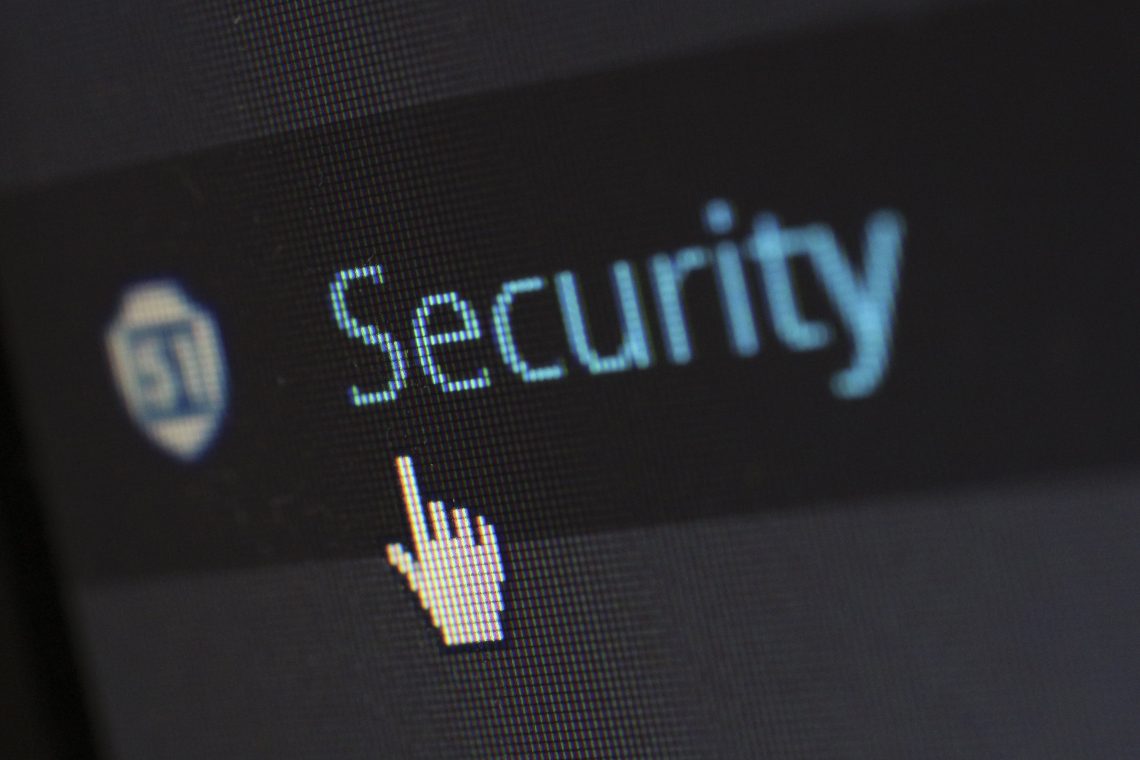So much of our media and entertainment content today is produced, stored, and distributed online with physical storage now an antiquated solution only really preferred by enthusiasts. While this shift has opened up vast opportunities for global reach, convenience and audience engagement, it has also exposed the industry to significant cybersecurity risks. In such a landscape, understanding and properly implementing robust digital security measures is now vital for every media and entertainment enterprise.
Protecting Intellectual Property Rights
One of the biggest challenges facing media and entertainment companies is safeguarding intellectual property (IP). In an industry driven by creativity and original ideas, piracy and unauthorised distribution can result in substantial revenue losses. Implementing secure encryption protocols and digital watermarking can help track and protect creative assets. Educating employees about safe content sharing practices can also be critical in preventing accidental leaks and unauthorised access. With stricter content protection strategies, organisations can mitigate the risk of piracy and maintain the value of their IP in an increasingly competitive market.
Securing Digital Distribution Channels
Digital platforms have become the primary means of content distribution. However, these channels are prime targets for cyberattacks, which can compromise the integrity and availability of digital assets. Deploying secure authentication mechanisms, conducting regular security assessments, and ensuring rigorous access controls are essential to keeping distribution platforms safe. Attackers frequently look for vulnerabilities in distribution networks, underscoring the need for constant vigilance.
Managing Third-Party and Supply Chain Risks
Media and entertainment companies often work with a wide array of partners, including production houses, post-production teams, marketing agencies, and cloud service providers. Each of these third parties can introduce additional risks if their security measures are inadequate. Conducting thorough due diligence on vendors, setting clear contractual obligations regarding data protection, and performing periodic security audits are critical steps. Transparent communication and robust incident response protocols can further help mitigate the impact of any third-party security breach.
Implementing Managed Firewall Services for Network Protection
A key component of any organisation’s defensive posture is a robust, continuously monitored network infrastructure. Managed firewall services offer tailored security solutions designed to adapt to the specific needs of media and entertainment companies. These services not only provide real-time monitoring and threat detection but also ensure compliance with industry standards by maintaining logs and managing updates. By using managed firewall services, organisations can focus on creating and distributing high-quality content, confident that their network perimeter is proactively protected against unauthorised access.
Ensuring Compliance with Data Protection Regulations
Compliance with data protection regulations such as the General Data Protection Regulation (GDPR) in Europe or the California Consumer Privacy Act (CCPA) in the United States, remains crucial. Non-compliance can lead to significant fines and reputational damage. Media and entertainment companies must keep abreast of relevant privacy laws and implement data handling practices that meet or exceed legal requirements. Regulatory scrutiny on data protection is expected to intensify this year, making proactive compliance strategies more important than ever.
Read more lifestyle and technology articles at ClichéMag.com
Images provided by Deposit Photos, BingAI, Adobe Stock, Unsplash, Pexels, Pixabay & Creative Commons



